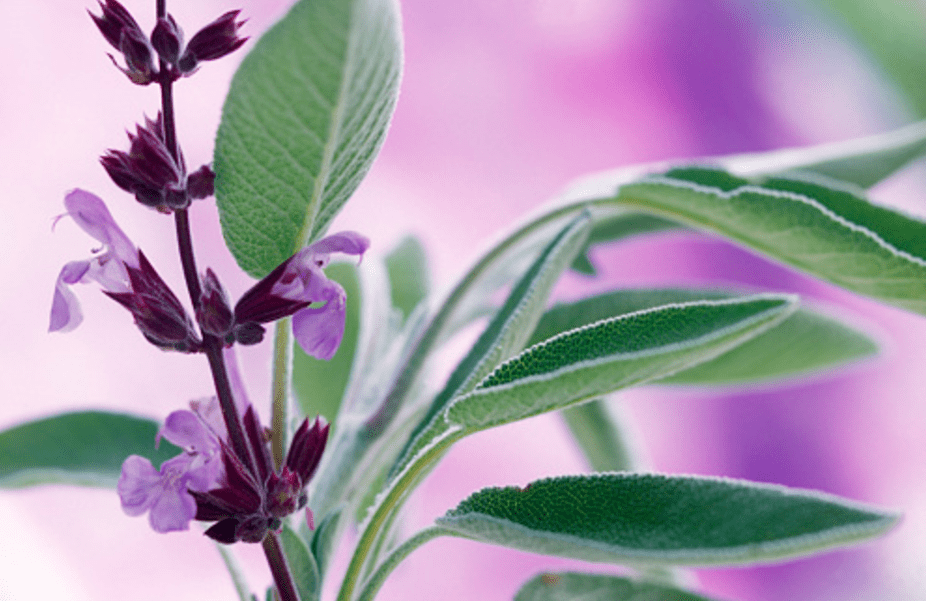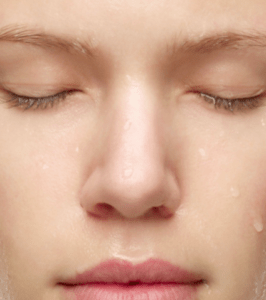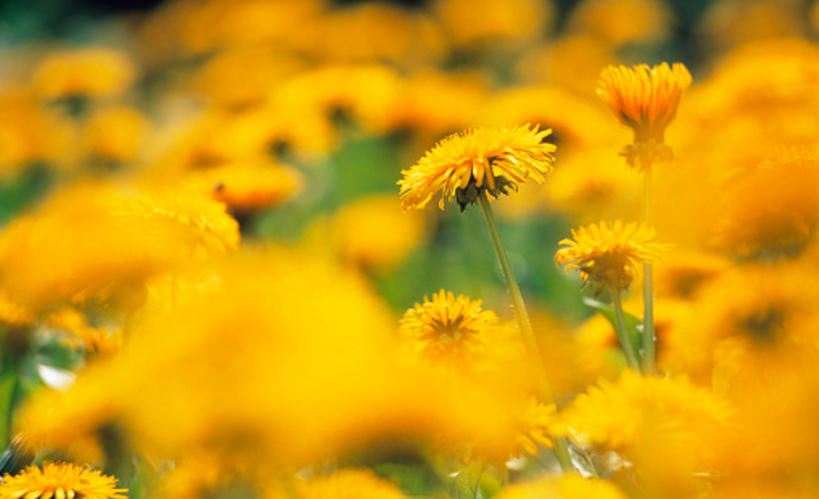
09 Apr Naturopathic Medicine’s Top 10 Tips for Acne
Treating acne is not an easy task. Often many issues must be addressed over many months. But remember that the body does want to be beautiful and healthy – all we need to do is give it the proper tools to thrive.

As the skin is our largest organ of detoxification, sensitive and breakout-prone skin is usually a sign of a less than optimally functioning digestive system, unidentified food intolerances (most commonly dairy, refined sugar, soy and alcohol) and/or hormonal imbalance.
In any type of inflammatory skin condition, reducing inflammation on the inside and out is key for reducing breakouts and sensitivity while improving tone, texture and clarity.
Here are my go-to’s for preventing and treating sensitive and blemished skin:
1. Do not eat dairy – Everybody balks when I cut dairy out of their diets. They simply cannot imagine life without milk, yogurt, cheese, and ice cream. But there is a direct, scientific reason why dairy causes acne. Cows contain a hormone that is very similar in molecular structure to our own IGF-1 (Insulin-like growth factor) hormone. Sadly, this IGF-1 has receptors on our sebum glands in the skin, and the bovine hormone fits right in the receptor. So this means as soon as you eat dairy, the body is being sent a direct message to increase oil production in the skin. Bad idea for acne sufferers. If you’ve already eliminated dairy for 3 or more weeks and haven’t noticed an improvement, consider doing an IgG Food Sensitivity Test to identify your food intolerances decrease your inflammatory markers.
2. Balance your blood sugar – In the early part of the twentieth century, acne was aptly called ‘Diabetes of the Skin’. Subsequent scientific studies have found that acne sufferers are more sensitive to blood sugar imbalances than non-acne sufferers. This means the following: eat three meals a day (and a few snacks if needed), avoid simple carbohydrates and include a small amount of protein in each snack and meal. Lots of fresh vegetables and cut way down on any type of sugar.
3. Support your liver – A properly functioning liver is necessary to detoxify the body and manage hormone levels (which we will discuss in a moment). Most people that suffer from acne have a sluggish liver, but luckily there are some beautiful herbs that help the liver perform optimally. Milk thistle and dandelion are two of the herbs that are most commonly used, but there are many other herbs and herbal combinations that work beautifully.
4. Have regular bowel movements – When the bowels are not moving daily, excess hormones and toxins continue to circulate in the body, often affecting the skin. Regular bowel movements are essential to hormone balance.
5. Improve your Digestion – There is a huge connection between the skin and the gut. In fact, I always start skin treatments (for acne, eczema, psoriasis, rashes, etc.) by taking a look at digestion. If you experience bloating, gas, IBS, or any type of gastric dysfunction – get a thorough evaluation from a naturopathic doctor. Remedies often include eliminating food sensitivities, probiotics, digestive enzymes, and gut healing nutrient and herbs.
6. Relax – The bad news first: studies have shown that acne sufferers are more sensitive to stress. High levels of the stress hormone cortisol contribute to insulin dysregulation and imbalanced blood sugar, which leads directly to acne (remember that acne has been called ‘Diabetes of the Skin’). In addition, when exposed to stress acne sufferers produce high levels of a neuropeptide called Substance P, which acts directly on the oil glands of the skin to produce more oil, and thus more acne. The good news: all you have to do is relax. Easier said than done, but you can make it fun! Do something you love to do…
7. Check your hormones – After you have completed steps 1-6 for at least a month, get your hormones checked. Simply following the tips above will help normalize your hormones somewhat, but a little extra help is often needed. I perform either salivary or blood tests on my patients, and prescribe herbs based on the results. Everybody is a little different, and I definitely do not want to mess with the hormones without hormone testing. After a few months of hormone treatment, the acne should improve. And you will feel better in general. Win-win.
8. Calm the inflammation – Ensure healthy fats are out-numbering pro-inflammatory fats by limiting fried foods and red meat, while taking a concentrated EPA rich fish oil.
9.
- Use a Manuka Honey Mask – This is my personal favorite treatment. I smear a little raw manuka honey on my face for 5 minutes after I cleanse both morning and night. Raw honey has anti-bacterial properties against over 60 different types of bacteria – and manuka honey has almost double the anti-bacterial action of regular raw honey due to its high levels of methylglyoxal. In addition, honey is a humectant, which means it absorbs moisture from the air – leaving your skin clear and moist. Simply beautiful.
- Thayer’s Witch Hazel Certified Organic Toners – Are inexpensive and effective! My personal favourite for a decade now is the Rose toner with organic aloe leaf juice, undistilled organic witch hazel, rose centifolia, grapefruit seed extract, vitamin E and citric acid. Choose alcohol-free for sensitive skin and alcohol for actinic skin. ND tip: Pour your toner into a glass/ceramic/stainless steel spray bottle and add 10 pellets of Arnica 6 CH (It’s important to not go higher than this strength. And yes, I’ve read the media’s take on homeopathy and will address the topic on my blog page). Refrigerate. It’s a wonderful way to enliven your skin and treat any healing wounds, blemishes and irritation.
- Vitamin C – Is an evidence-based antioxidant that supports skin collagen production. The problem is this volatile antioxidant isvery readily rendered inactive with light and oxygen exposure. ND tip: Open a 250mg capsule of vitamin C and add it to your manuka honey or favourite mask. You may need to mix the C with some water first and then stir it into the honey, if so, you’ll need to do it quickly and apply the mask soon after. The vitamin C will naturally exfoliate your skin and leave it bright and radiant.
10. Use a Topical Retinoid – Retinoids are often frowned upon by the naturopathic community, but the bottom line is that they are the only skin care treatment that has been scientifically proven to reduce acne and aging at the same time. And they are also pretty natural (with the exception of synthentic retinoids such as adapalene, tarazotine, and isotretinoin). Retinol is the form of vitamin A found in nature, and it is also the form of retinoid found in most over-the-counter treatments. Retinol is converted into its active form, retinoic acid, in the body. Retinoic acid binds to retinoic acid receptors in the skin and normalizes desquamation (exfoliation) and increases collagen production. When used consistently, retinoids can keep your skin clear, even out skin tone, repair sun damage, and prevent pre-mature aging. This skin-changing factor, along with other exfoliating and anti-inflammatory properties, make retinoids the gold standard for acne and anti-aging treatments. Retinoids are best avoided during the summer as they increase the skin’s sensitivity to the sun and it is imperative to wear a quality mineral sunscreen when using retinoids topically.
If you or someone you know suffers with skin issues, feel free to drop me a line on the “contact us” page on this site. I treat patients locally at my Naturopathic practice in Vancouver, B.C. and worldwide via phone or Skype.
To your best health!
Dr Tasnim Adatya
Naturopathic Physician, Menopause Clinician, Acupuncturist, and Health Educator

